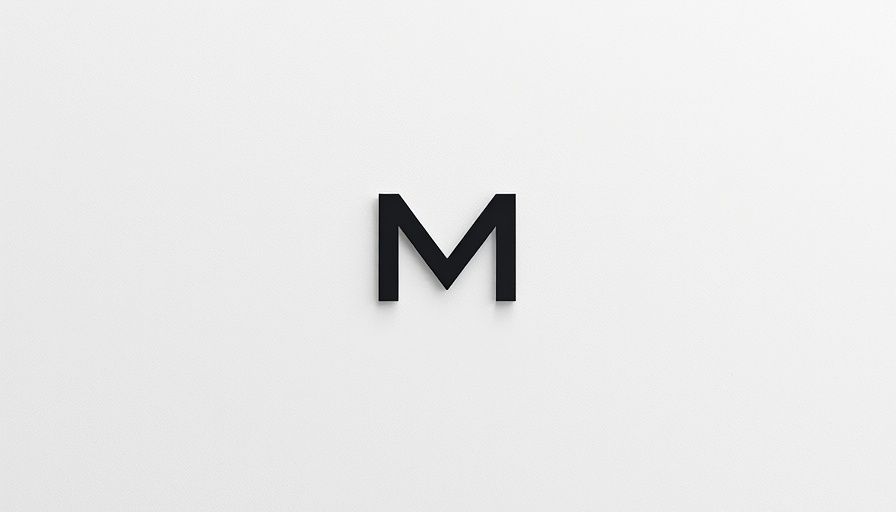
Meta's AI Victory: What It Means for the Future of Copyright
In a landmark ruling, Meta has secured a significant legal victory regarding the use of AI technology, specifically in how it trains models on copyrighted materials. This ruling, delivered by US District Court Judge Vince Chhabria, found that Meta did not infringe copyright law when training its artificial intelligence systems on the works of thirteen authors—including well-known figures like Sarah Silverman and Ta-Nehisi Coates—without their explicit permission.
The Court’s Reasoning: Market Harm and Copyright Training Approval
Judge Chhabria emphasized that a decisive factor in copyright cases is whether the use of copyrighted work causes "market harm" to the original creators. In this case, he concluded that the authors did not demonstrate adequate evidence that Meta's actions financially impacted their livelihoods. This distinction is crucial, as it provides a framework for similar cases currently being litigated across the United States, which could redefine the boundaries of copyright law in the age of AI.
What Other Cases Reveal About AI Copyright Issues
The ruling is part of a growing body of case law regarding AI's intersection with copyright. Just days prior, Judge William Alsup ruled on a related case involving Anthropic’s copyright claims, which highlighted the ongoing legal debate on AI training practices. Specifically, Alsup's ruling allowed Anthropic to continue using certain copyrighted materials but also ordered a court appearance regarding claims of material piracy. The split outcomes from these cases point to a burgeoning area of legal inquiry, revealing that as technology advances, so too must our legal frameworks.
Transformative Use: A New Standard?
The debate centers around what constitutes "transformative" use in copyright law—work that introduces new meaning or functionality compared to the original. Chhabria's ruling eschews Alsup's dismissal of market harm in favor of a more nuanced perspective that weighs broader implications of what is deemed transformative. Legal experts believe that this focus on market impact over merely transformative use may set a new standard in future copyright cases involving AI.
Public Reaction: Creators vs. Corporations
The ruling has drawn mixed responses from various communities, particularly those involved in the creative industries. Some view it as a significant victory for Meta and a cautionary tale for authors and creators, while others perceive it as a signal of diminishing rights for individual creators in favor of larger tech corporations. This paradox raises profound questions about the balance of innovation and intellectual property rights, urging a re-evaluation of how these two elements coexist as technology accelerates.
Future Predictions: The Evolving Landscape of AI and Copyright
As AI technology becomes more pervasive, expect the legal landscape to evolve rapidly. We may see an increase in lawsuits aimed at defining clearer guidelines around copyright infringement related to AI. It's also likely that Congress will be prompted to reconsider copyright laws, particularly as more high-profile authors and tech companies wade into these legal disputes. The outcome of such discussions is crucial, as it could reshape how AI developers leverage existing intellectual properties in creating new and innovative technologies.
Call to Action: Engage in the Discussion
As AI technology continues its relentless advance, it’s crucial for creators, legislators, and technologists alike to engage in discussions about copyright reform and technological innovation. Consider joining forums or advocacy groups that focus on the intersection of technology and intellectual property rights to voice your opinions and contribute to shaping the narrative around AI ethics and copyright.
Conclusion
Meta’s recent legal victory is more than just a win for corporate advancement; it is a pivotal moment that sheds light on the evolving dynamics of copyright law in the digital era. As the implications of this ruling expand, both creators and stakeholders in technology must adapt, fostering a dialogue that balances innovation with rights safeguarding. Understanding these developments is essential to navigating a rapidly changing landscape, ensuring that the core values of creativity and fair use are preserved as we step into an AI-driven future.
 Add Row
Add Row  Add
Add 




Write A Comment